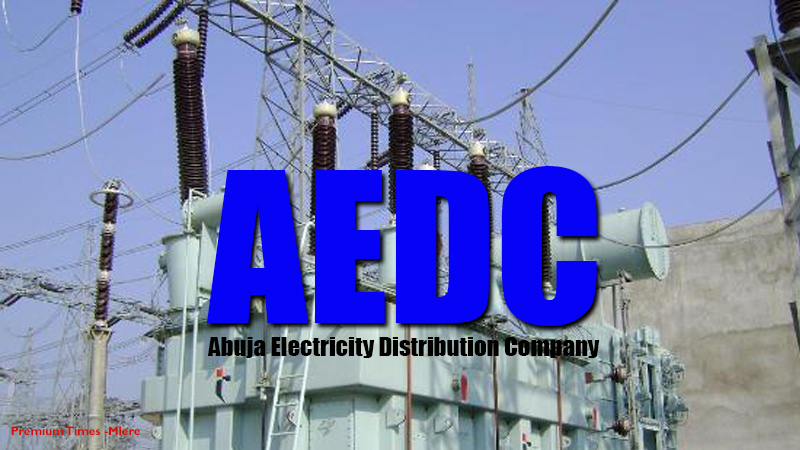Lack of access to electricity and unreliably power supply have been described as key constraints to doing business in Nigeria with an estimated annual economic loss at about $29bn.
This is contained in a report by the International Monetary Fund (IMF), stating that 27% of Nigerian firms identified electricity as the main obstacle to doing business.
World Bank was also quoted to have stated that “power outages and deficient power infrastructure in Sub-Saharan Africa had a measurable negative impact on economic growth over the period of 1995−2007.”
Similarly, a report by Bloomberg also stated that President Muhammadu Buhari’s office is expected to spend N46 million in fueling generators this year (2019), indicating that in the country’s 2019 budget, there are 1,358 generator-related expenses.
According to the report, business owners and individuals in Nigeria spend about $12 billion fueling generators on yearly basis.
Referencing a research by NOI Polls, the Bloomberg report has it that households with access to on-grid electricity had an average power supply of only 9.2 hours a day in the first half of 2019.
The report read in part, “To keep out the darkness, households own and operate an estimated 22 million small gasoline generators, whose combined generating capacity is eight times higher than on-grid supply, according to a June 2019 presentation by Dalberg, a global policy and advisory firm. Businesses and individuals spend about $12 billion a year, twice the country’s annual infrastructure budget, fueling these generators.”
Electricity is a very necessary and important ingredient required for businesses to function properly and to expand. Higher electricity costs drive business costs higher and reduce business competitiveness.
This is because as costs of electricity rises, businesses look for alternative power sources like generators leading to reduced output and productivity thereby rendering them less competitive.
Aside from being Africa’s largest economy, Nigeria is blessed with large oil, gas, hydro and solar resource. Thus, the country has virtually all that it needs to meet her electricity needs. All that is missing is the political will.

 Football2 days ago
Football2 days ago
 Business1 week ago
Business1 week ago
 Business1 week ago
Business1 week ago
 Education1 week ago
Education1 week ago
 Crime1 week ago
Crime1 week ago
 Covid-191 week ago
Covid-191 week ago
 Latest5 days ago
Latest5 days ago
 Business1 week ago
Business1 week ago









